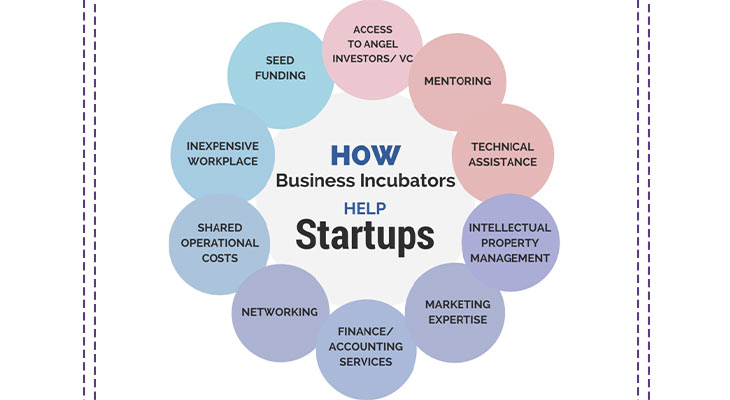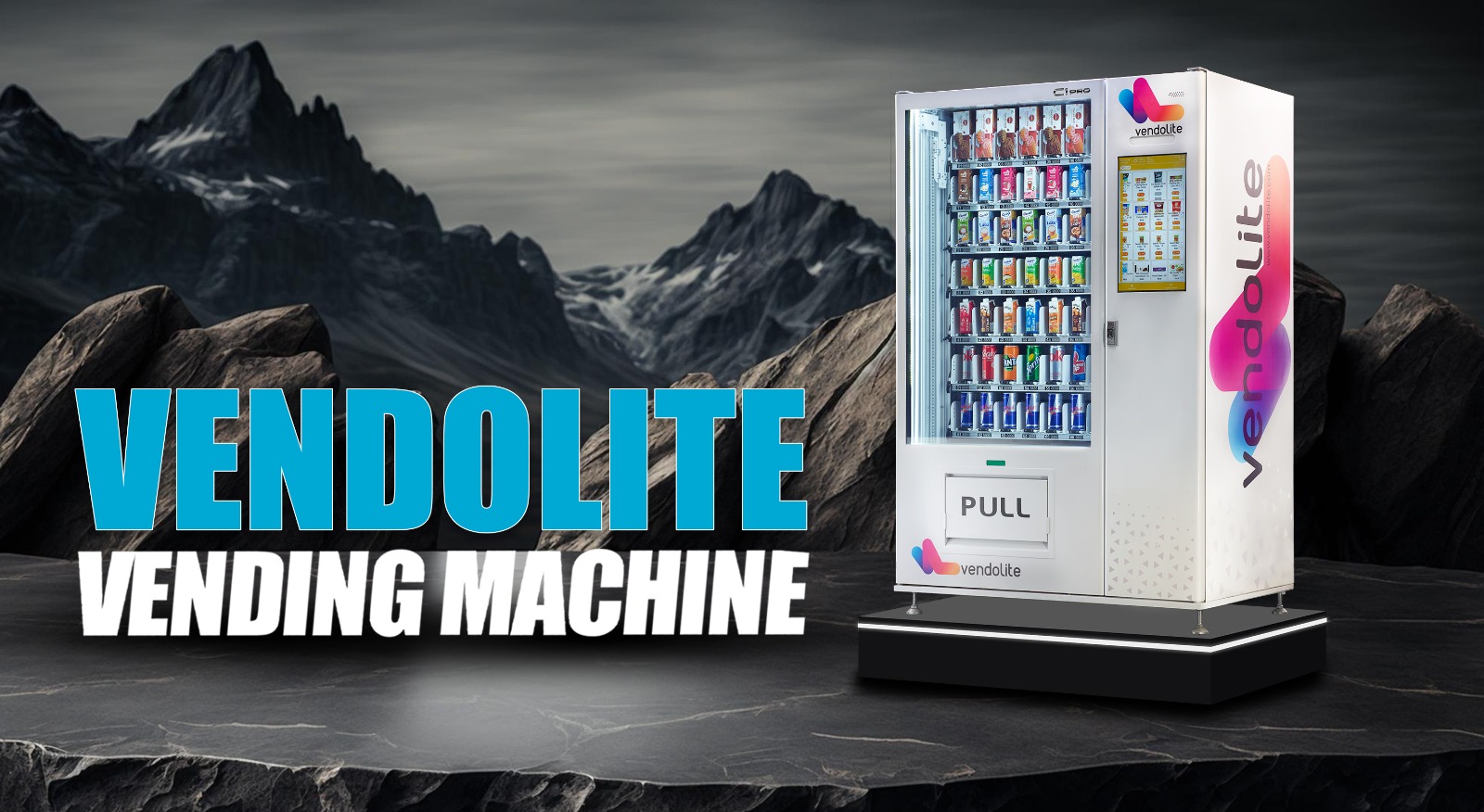
Startup accelerators and incubators are organizations that help startups attain success. Startup accelerators tend to focus on providing startups with advice, and resources to help the startups achieve success. They are basically the power house of startups. Accelerators does not offer separate office space to startups , but may have a physical location for shared resources and accelerator events such as any event where a distinguished speaker has been invited to speak, Incubators however, offers dedicated office space to the startups for a certain period of time.

Startup accelerators and incubators can be included at various stages: Early stage, Revenue generating stage or Late stage when the business is already established, but for the smooth running of Startups founders prefer to involve accelerators / incubators since the very beginning. Startups are usually taken in as groups , with many incubators and accelerators offering 1-3 batches per year. Some focus on a particular industry, market, technology, whereas others are more generalists.
However, while a handful of accelerators and incubators have been very successful in helping startups attain success, there is no guarantee that an incubator will provide success to a startup. Most startups often do not initiate with a well defined team. Tech startups, in particular, need much less people to work on their prototype than any other type of startup. This lack of clarity and creative diversity in the first few months of starting make them exceptionally susceptible to failure. Especially when the founder – or co-founders – have not built the management or people skills required to effectively steer the boat where they need. A startup incubator can greatly help a startup business find their bearings, at a fraction of the time and cost needed elsewhere.
Why do startups need an incubator?

Everybody wants their startups to succeed, and for that they would of course want the best advice and mentorship, and for that nothing can beat an incubation center. They provide the best guidance to most types of startups. Since startup companies lack resources, experience and networks, incubators provide these services which help them get through initial hurdles in starting up a business. These hurdles include space, funding, legal, accounting, computer services and other prerequisites to running the business. The first few months of a startup is crucial, and an incubator helps them to cross that complication.
Following are the type of services an incubator provides:

(i) They help with the basics of a business.
(ii) They furnish Networking activities
(iii) They give assistance in marketing
(iv) They help in market analysis
(v) They also provide Internet access at high speed
(vi) Accounting and financial management
(vii) They make bank loans, loan funds and guarantee programs accessible
(viii) They provide resources to higher education
(ix) They help in strategic planning
(x) They provide Access to angel investors or venture capital
(xi) They organize Comprehensive business training programs
(xii) They act as Advisory boards and mentors
(xiii) They help in Management team identification
(xiv) They help with business etiquette
xv) They provide Technology commercialization assistance
(xvi) They help with regulatory compliance
(xii) They provide Intellectual property management
What are the types of Incubators ?

There are a number of business incubators that have focused on particular industries or on a particular business model, earning them their own name.
(i) Virtual Business Incubators – These are basically business incubators which perform online. As many startups have shifted online, to include them within the group, and to help them as well, incubators have also been established virtually.
(ii) Medical Incubator – This business incubator is focused solely on medical devices & biomaterials. Incubators encourage innovation and entrepreneurship in the field of medicine, so that medical startups can be built.
(iii) Kitchen Incubator – This incubator is focused solely on food startups. For somebody who is starting food startups, they have to invest a lot, before the first batch of food is ready, so incubators help them by providing low cost food management and setting up the startup without hassle.
(iv) Seed Accelerator – This type of incubators help those startups which are at its seed stage, that is just starting out. Any one can apply for a seed accelerator but it is a highly competitive zone, so only the one which has its aim clear can apply for a seed accelerator.








